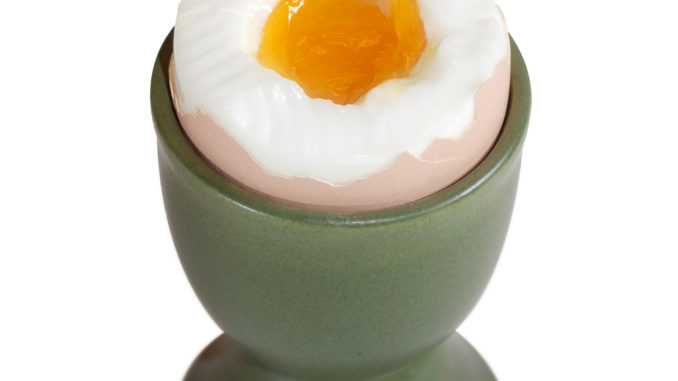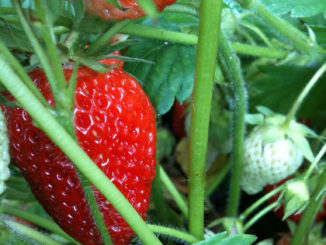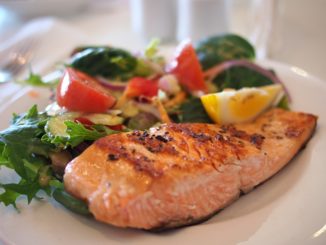
While most of us are familiar with calcium, we tend to forget that Vitamin D is also an important part of that equation. In order to build strong bones, we need both of these nutrients in our bodies.
But what’s most interesting about Vitamin D is that it can be naturally produced by the body when we exposure our skin to sunlight. It’s no wonder, then, that Vitamin D deficiencies are becoming more prevalent as we begin to cover our skin completely from the sun in order to protect from things like skin cancer. Maybe it is time to head out into the sun more often. And here’s why.
What Is Vitamin D and How Much Do You Need?
Vitamin D is a fat-soluble vitamin that has two different formulations – D2 and D3. Each of these formulations refers to different ways it is produced, with D2 being produced by metabolite processes while the D3 is the formula produced when the skin is exposed to sunlight and to UVB rays.
When the skin is not exposed, it is a good idea to supplement the diet with this vitamin as not doing so can lead to problematic results.
Vitamin D Deficiency
When you don’t get enough Vitamin D in your diet, you can begin to suffer from rickets. This is a condition in which the bones can bend, causing malformations in the body as well as pain when you don’t take in enough D3. The bones are demineralized, making them weak and susceptible to fractures as well. Some also believe that this bone softening event will also lead to troubles with osteoporosis later in life.
If you don’t get enough D2 in your body, you can have other troubles with your kidneys and with your liver. The body will not be able to convert the D2 into a form into a form that can be easily utilized, leaving you with active metabolites in your bloodstream. The metabolites will be flushed out of the body by the liver and the kidneys, but in the process, this can do damage to these organs – often permanent damage.
With all of the good Vitamin D seems to do, it’s surprising to find out that there is no RDA for this particular vitamin. That said, you can overdose on this vitamin as the excess becomes stored in your fat cells where it can build up to toxic levels.
Signs of Vitamin D Overdose Include:
- Nausea
- Vomiting
- Increased urination
- Nervousness
- Renal failure
Most experts agree that you can take up to 10,000IU per day without any ill effects.
The Health Benefits of Vitamin D
Vitamin D has a number of benefits within the system of the human body. As you may have already guessed, Vitamin D works along with calcium in the way that it regulates the levels in the bloodstream. Just as with anything else, having too much calcium in your bloodstream can be just as bad as having none at all. Vitamin D helps the calcium be absorbed so that it can be use for increasing bond strength and stability.
Vitamin D also works to promote immune system function. The vitamin appears to help in cellular functions which promote white blood cell production as well as anti-tumor processes. This vitamin has also been shown to help fight off daily infection exposure, helping you to avoid colds and illnesses that you might otherwise catch.
Foods Sources of Vitamin D
The best source of Vitamin D is the sun. At the same time, the risk of skin cancer must also be weighed alongside this source. It might be a better idea to step outside into the sunshine without sunscreen for about 15 minutes a day to get the Vitamin D you need. Anything more might lead to skin damage and malignant growths (unless of course you are wearing sun block).
The Best Food Sources of Vitamin D:
You might want to choose fatty fishes:
- Herring
- Salmon
- Tuna
In addition to these fish, you can also drink fortified milk or eat fortified foods. Eggs are another source of Vitamin D while beef liver is also fairly rich in the vitamin as well.
Supplements are readily available, but it is best to stick with sun exposure and food sources primarily as they are more easily digested by the body. However supplements are a good idea if you live in an area with little sunshine.




Be the first to comment